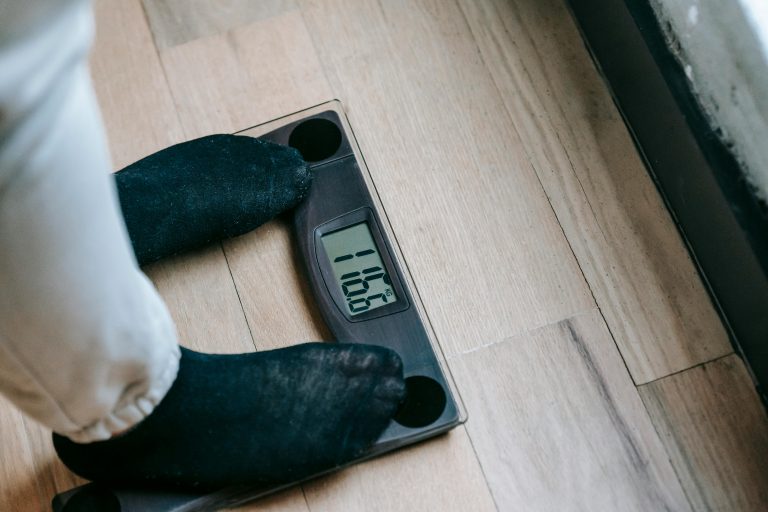Body Mass Index (BMI) is a widely used tool to assess body weight relative to height. It’s calculated by dividing weight (in kilograms) by height squared (in meters). The BMI categories are:
- Underweight: BMI < 18.5
- Normal Weight: BMI 18.5–24.9
- Overweight: BMI 25–29.9
- Obesity: BMI ≥ 30
BMI and Health Risks in Asians
In many Asian populations, the thresholds for overweight and obesity are lower compared to Western standards. This is due to differences in body composition and fat distribution. The following BMI ranges are often used:
- Overweight: BMI 23–27.4
- Obesity: BMI ≥ 27.5
Health Risks Associated with Obesity:
- Cardiovascular Disease: Increased risk of heart disease, hypertension, and stroke.
- Diabetes: Higher likelihood of developing type 2 diabetes.
- Joint Problems: Greater risk of osteoarthritis and other joint issues.
- Respiratory Issues: Potential for sleep apnea and other breathing problems.
Managing Obesity
- Consult a Healthcare Professional: Seek personalized advice to understand your weight-related health risks and get a tailored plan.
- Adopt a Balanced Diet: Focus on a diet rich in fruits, vegetables, lean proteins, and whole grains. Limit processed foods and high-sugar items.
- Regular Physical Activity: Incorporate both aerobic exercises and strength training into your routine to help manage weight.
- Behavioral Changes: Consider strategies like mindful eating and setting realistic weight-loss goals.
- Medical Interventions: In some cases, medication or surgical options may be recommended under the guidance of a healthcare provider.
For more detailed information on BMI and health risks, check out resources from the CDC. If you’re concerned about your weight and health, IGAKU offers personalized consultations to help you navigate and address your specific needs.
Read our other articles here.
- IGAKUhttps://igaku.co/blog/author/igaku/
- IGAKUhttps://igaku.co/blog/author/igaku/
- IGAKUhttps://igaku.co/blog/author/igaku/
- IGAKUhttps://igaku.co/blog/author/igaku/


